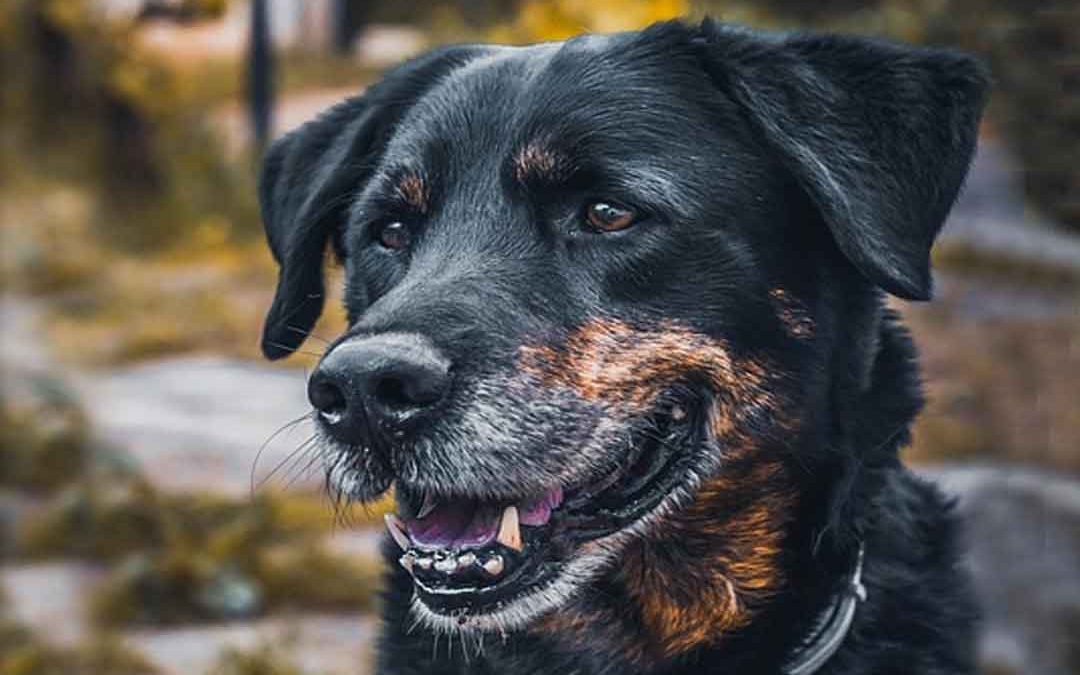Have you noticed that your dog has bad breath? Have you noticed that your dog seems like she has pain when eating and chewing? Has your dog has lost teeth? These could be a symptom of dental problems or other serious health issues. Did you know that more than 85 percent dogs over four years of age are affected by dental disease? Untreated dental infections can not only be painful but can result in tooth loss and can spread throughout the body and become life threatening.
Here’s some tips to help your keep your dog’s teeth & gums happy and healthy.
Brush Your Pet’s Teeth
Just like people, dog’s can get tartar and plaque buildup on their teeth. Toothbrushing can help keep your dog’s teeth pearly white and decrease the risk of periodontal disease. It may seem difficult at first but you can familiarize your dog with the toothbrushing routine and turn it into a bonding experience. Be sure to only use toothpaste that is designed for pets as ingredients such as xylitol in some human products are very toxic to pets.
Start by rubbing your dog’s teeth with your finger and some yummy pet toothpaste. Go slowly so your dog can warm up to the idea.
Gradually introduce the pet toothbrush. A finger brush may be a good way to start and works well to massage your dog’s gums which is an important area to clean.
Add Dental Toys, Food & Treats
Dog dental treats, food and toys that are designed to promote oral health will help to maintain healthy gums and teeth by minimizing the development of plaque and gingivitis. Pet stores and vets carry fun and tasty home dental care options and help you choose what’s best for your dog’s individual needs.
Regular Vet Check-ups
Dogs need routine dental examination and cleanings just like people. Your vet will examine your dog’s teeth as part of a comprehensive physical. If you have noticed any dental health warning signs such as bad breath, oral pain, bleeding, drooling, and changes in eating habits or lost teeth it is important to make sure your dog is examined and you discuss these issues with your vet. During the examination, your vet will check out your dog’s mouth, teeth and gums for bleeding and inflammation, tooth loss, loose, cracked or damaged teeth, plaque and tartar as well as oral lesions. A dental cleaning or other dental procedure may be recommended. It is very important to follow through on the recommendations for dental care as it affects your dog’s overall health. The combination of good dental hygiene at home with preventive veterinary dental care can help keep your pet healthy, pain free and save you money over the lifetime of your pet.

